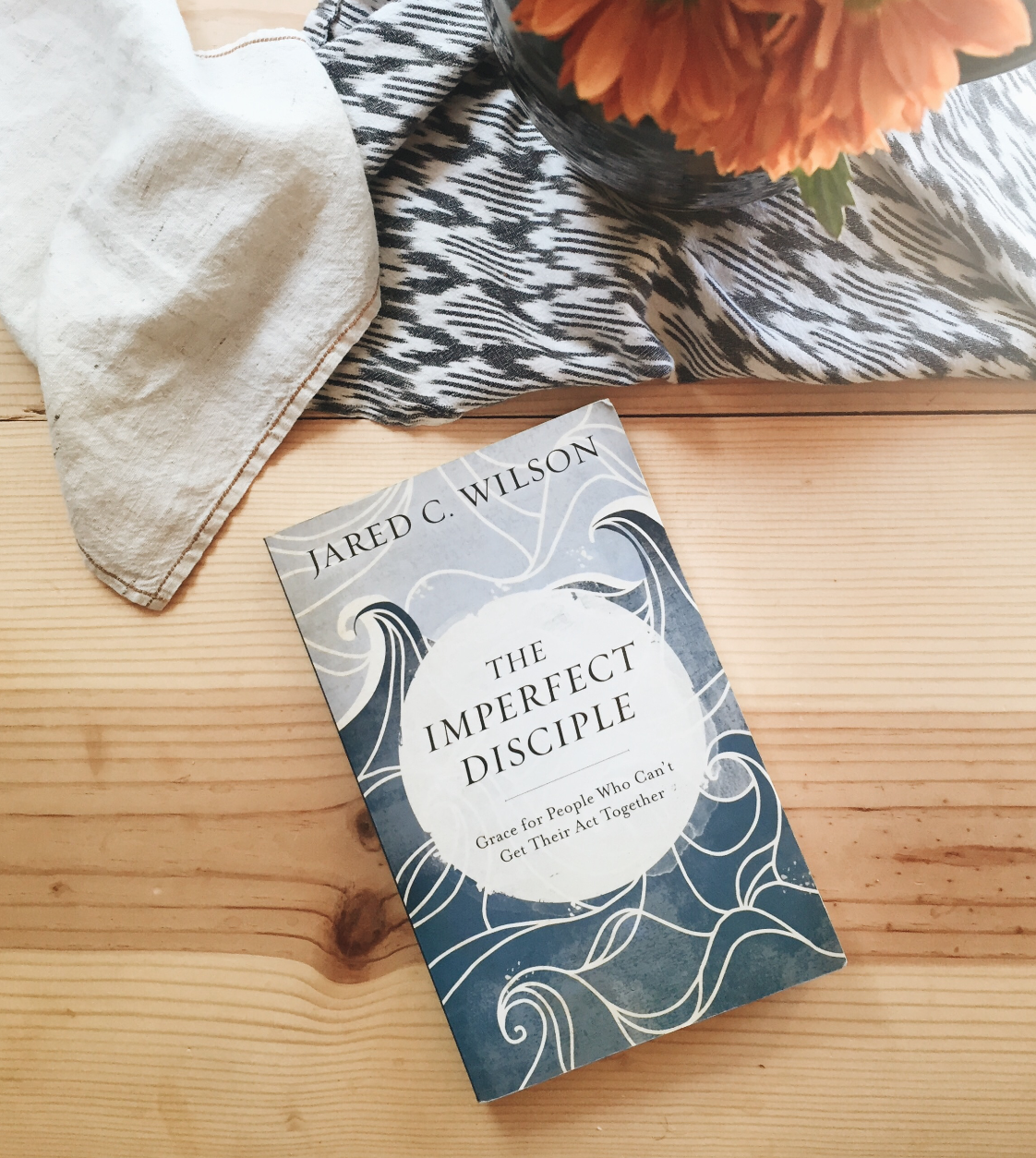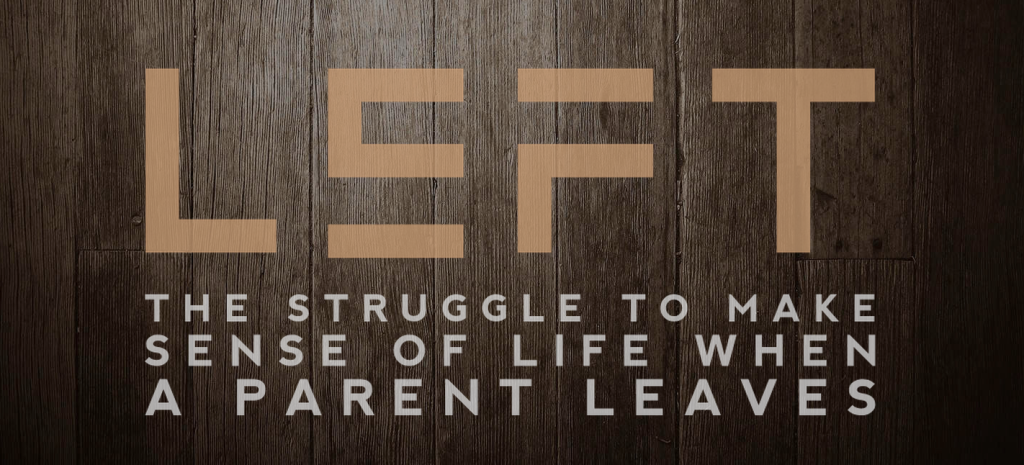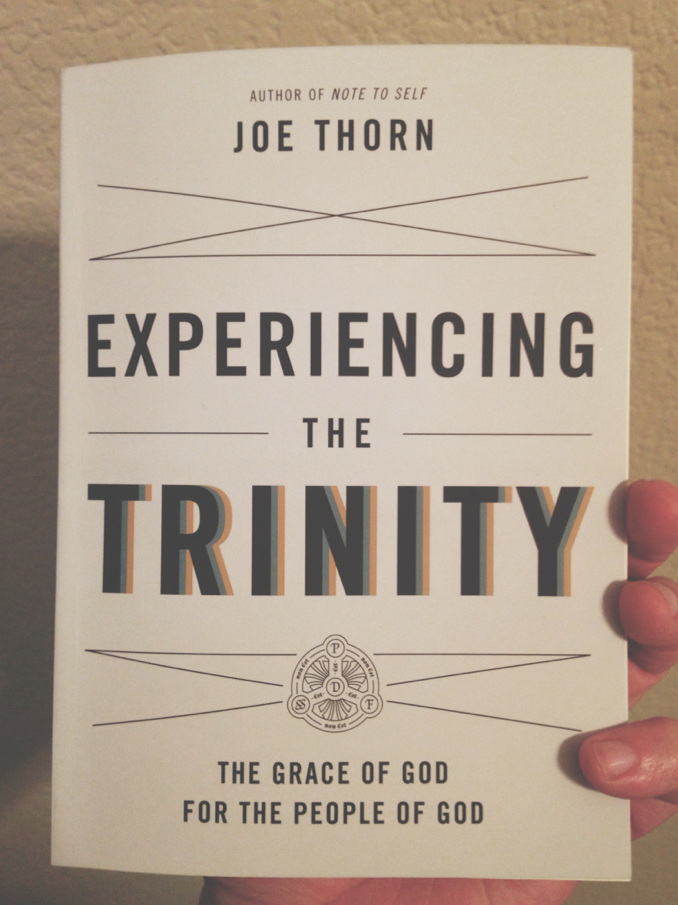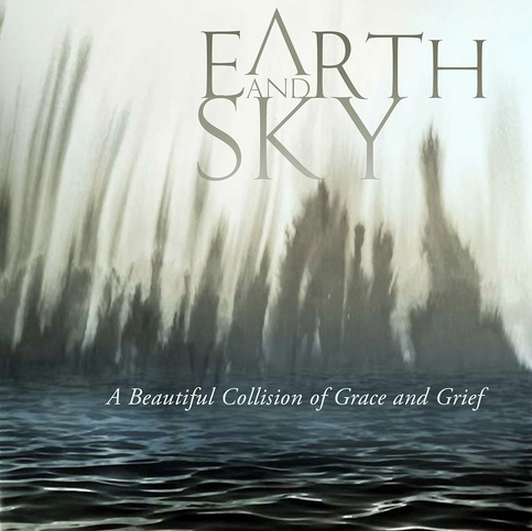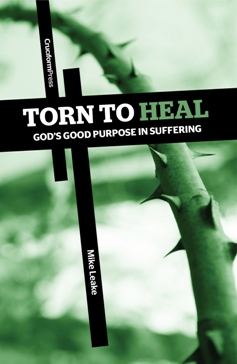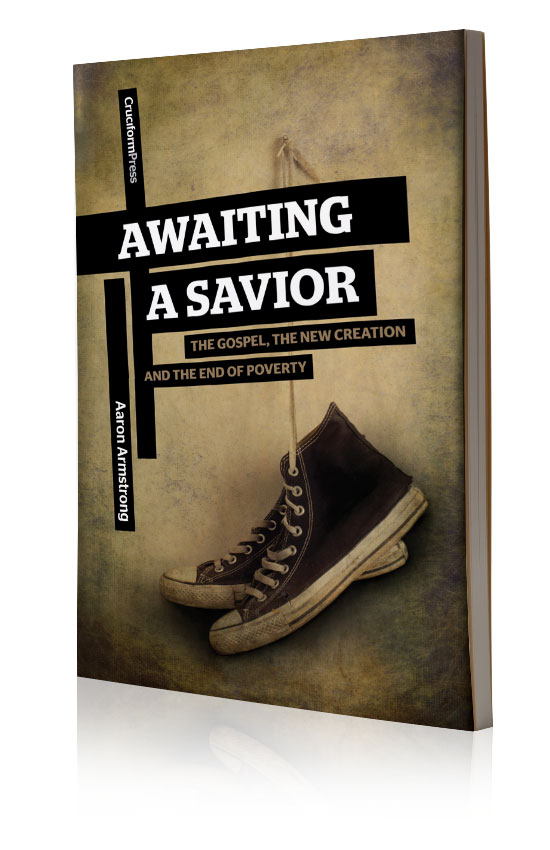Films, Books, & Music for your Autumn
One of the beautiful parts of this writing life is the friendships and fellow artists I've gotten to know over the years. I'm physically unable to read and recommend everything I get sent or am asked to recommend, but there have been a few projects recently I am so excited to share with you. Some by dear friends, some by acquaintances, and all by people being faithful with their gifts.
Several years ago the folks behind The Heart of Man reached out for help in getting their Kickstarter out. I was all too happy to spread the word then, and haven't heard much about the project since then. Recently the trailer was released and I saw why: because they were busy doing everything with excellence. I cannot encourage you enough to gather a group of people together to view this film.
Here's a film about the life of one of my personal heroes, Wendell Berry. It also has a limited release, but maybe it's playing near you somewhere. Our plan is to purchase the film, fill our living room to the brim, and project it on the wall. Maybe you could do something like this. I know it will provide food for thought.
You might remember a few years ago Stephen McCaskell directed a documentary on the life of Spurgeon. It was spectacular. He has recently completed another documentary, this time on the life of Luther. I haven't gotten a chance to view it yet, but it looks fabulous and would be a great way to celebrate the 500th anniversary of the Reformation. Gather a group together to view this one too. It's available here on Amazon streaming.
A few months ago my friend Jared Wilson released his book The Imperfect Disciple. The night I got it in the mail a friend came over and was interested in reading it. Since I had a stack of other books I was trying to get through, I lent it to him. I just got it back a week ago and have devoured it during my morning reading time. Not since Zack Eswine's Sensing Jesus (now The Imperfect Pastor) have I encountered a book so freeing for imperfect Christians. If that's you (and that is you), I recommend it.
A few weeks ago my friend Ruth released her art in the form of painting and words in her book Gracelaced. It is truly a masterpiece. Ruth is one of my favorite people to follow on social media for her vulnerability, faithfulness, and always present love of the word of God. I hope you'll check out this book (and its accompanying journal).
Years ago Shawn and his wife Maile came over for dinner on their way through Texas and told me about the book that would eventually become my favorite. They named their son after the title character so I knew then they must be serious lit-nerds. Shawn's appreciation of good writing is the foundations for his book The Day the Angels Fell, which is great literature! Nate picked it up and read it in one afternoon, citing its similarity to Peace Like a River, Chaim Potok, and Ray Bradbury (three of his favorites), so I knew it would be good. And it is. It's a young adult novel, and would make a great read-aloud for discussion as a family.
Caroline Cobb's new album is releasing today, A Home and a Hunger. I first learned about Caroline years ago when I heard her song Passover Song. I was mesmerized. I told everyone I knew about her album, The Blood and the Breath, then. Now, I cannot wait for you to listen to her new work about the kingdom and our longing for the new heaven and hew earth. Get it today.

